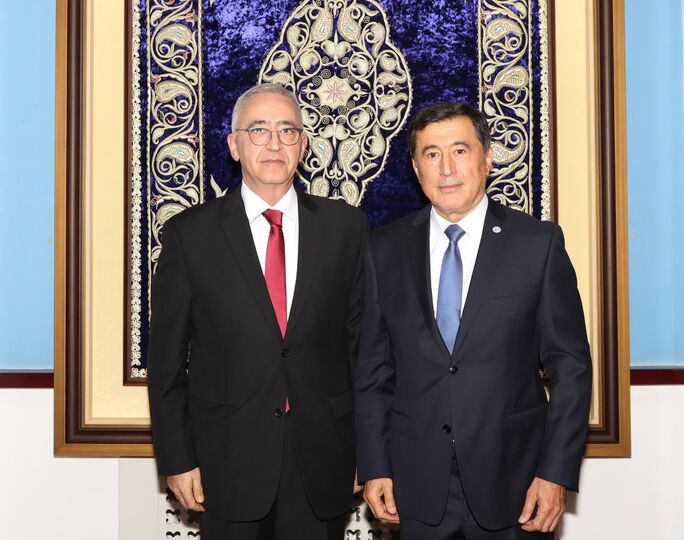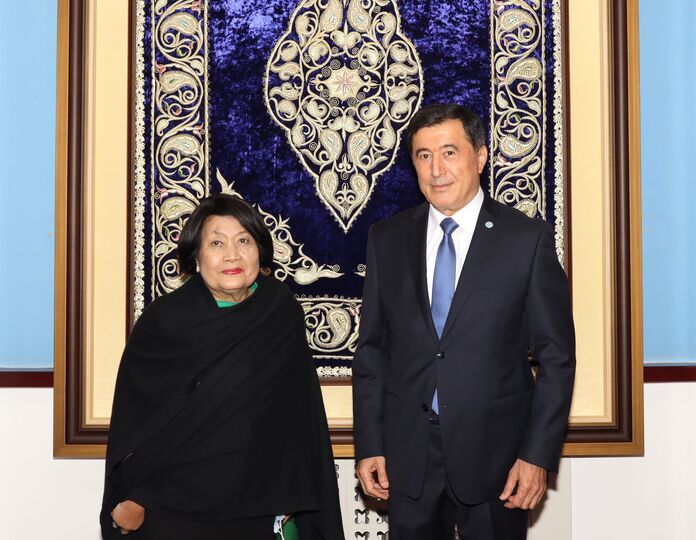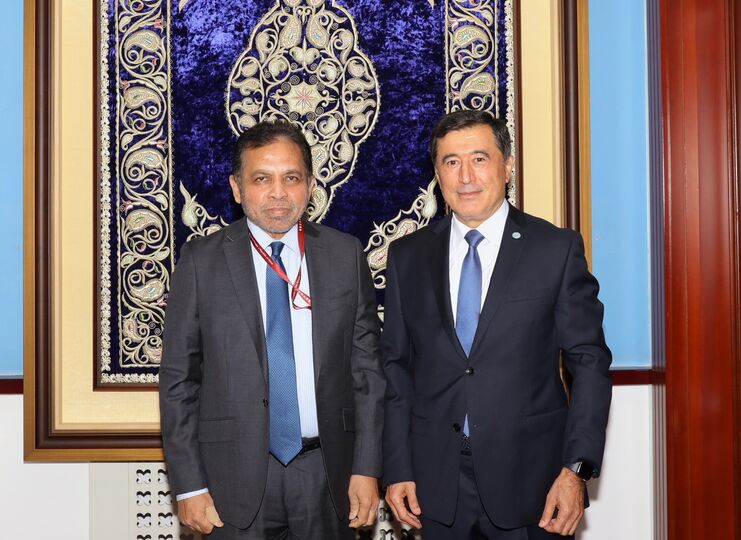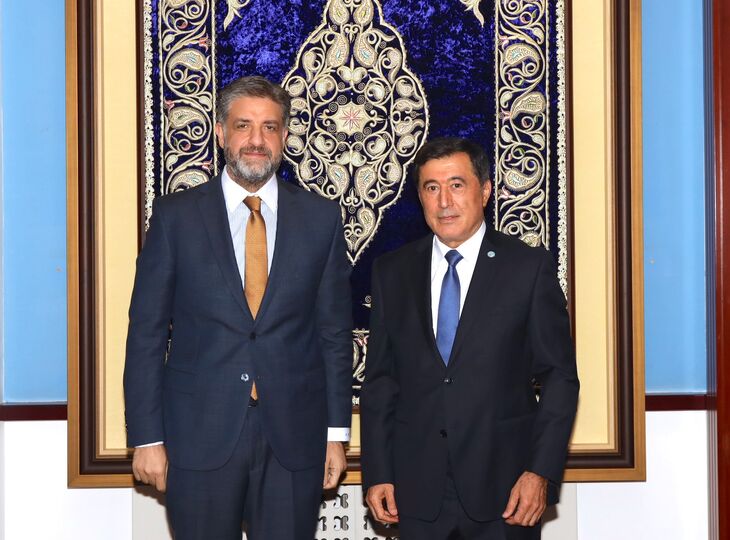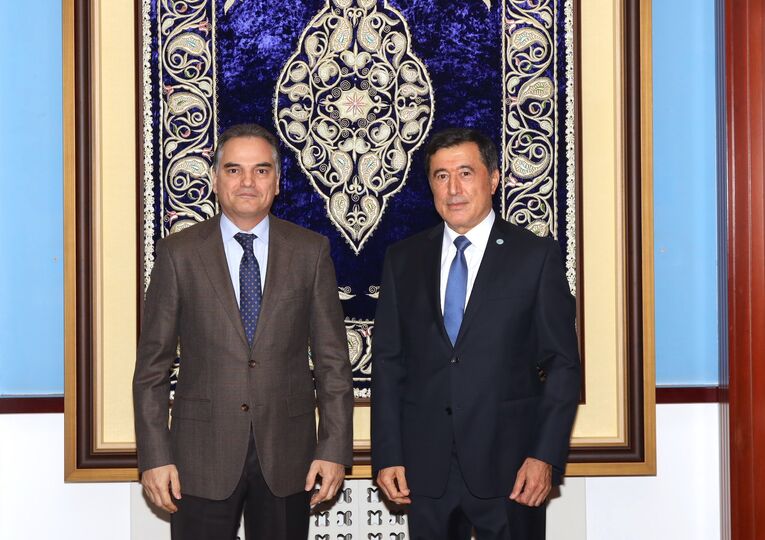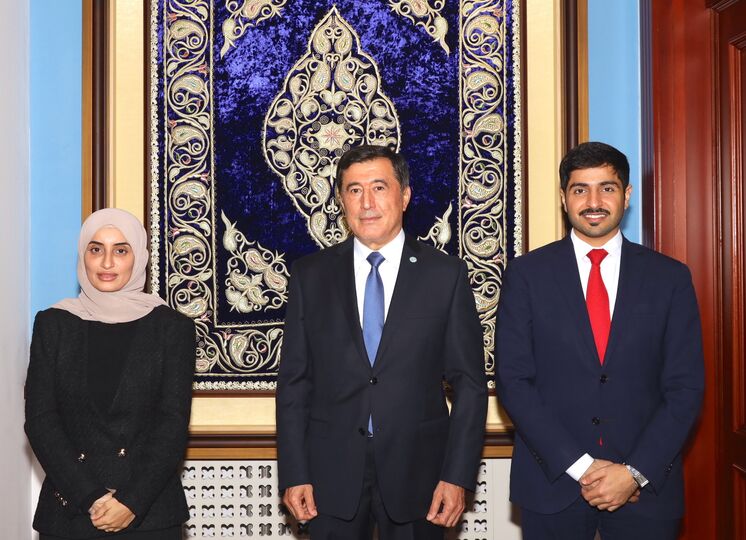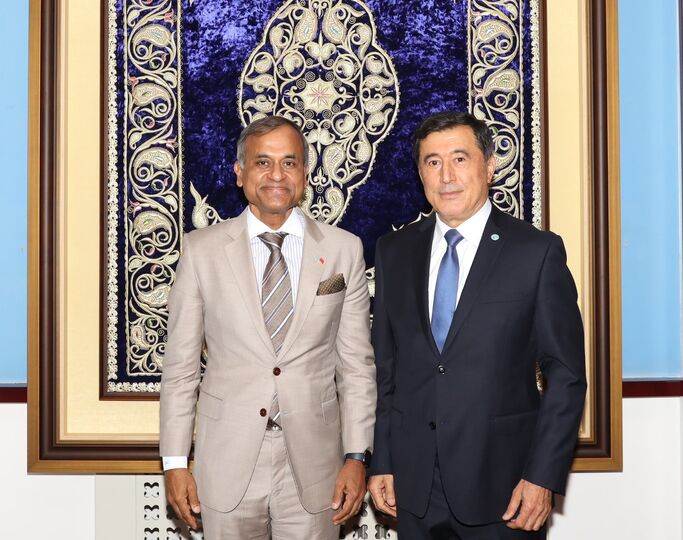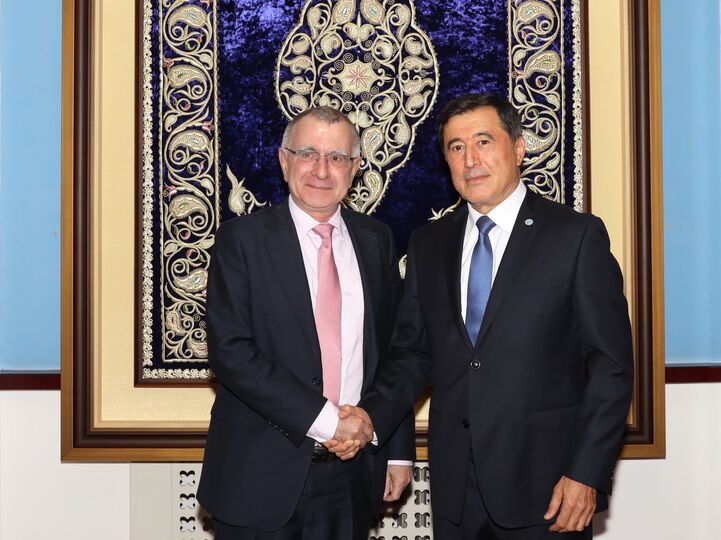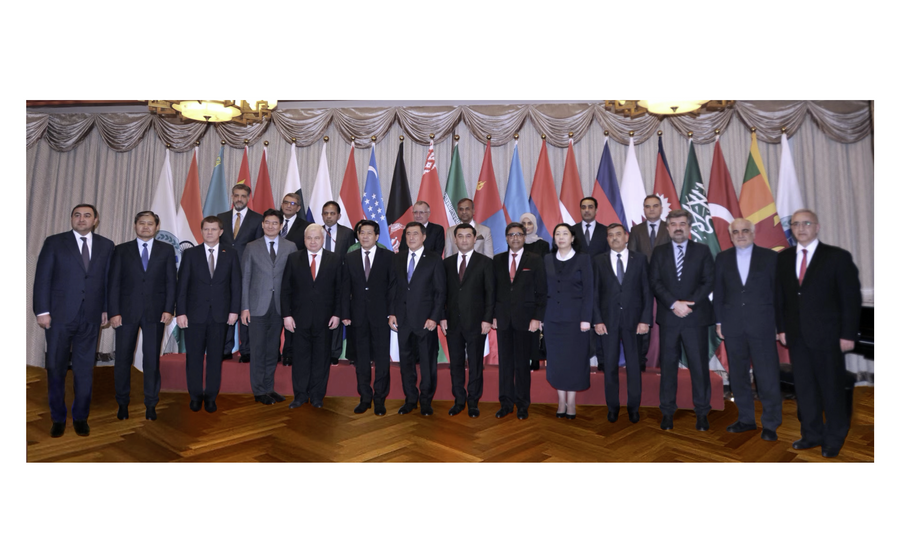On 1 November 2021, the Beijing-based SCO Secretariat held a reception to mark the successful organisation and outcome of the SCO's anniversary summit in Dushanbe and the start of the 2021-2022 SCO Chairmanship of the Republic of Uzbekistan.
The event was attended by more than 50 persons, including heads of the diplomatic missions of the SCO member statess, the observer countries and dialogue partners, as well as high representatives of the PRC Foreign Ministry, leaders of EU and UN missions in China, representatives of the international media, and others.
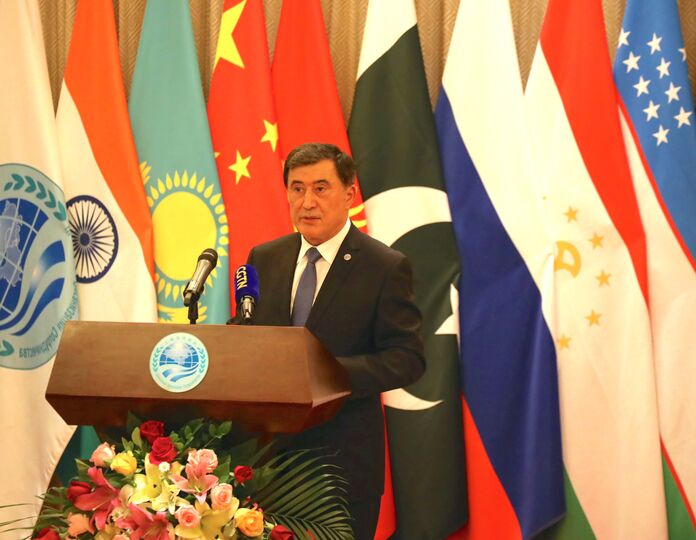
For the first time, the Anthem of the Shanghai Cooperation Organisation was played at the reception's opening ceremony. A creation by the Union of Composers of the Republic of Tajikistan, the anthem was approved by the SCO heads of state during the SCO summit held in Dushanbe on 17 September 2021.
In his welcome address, SCO Secretary-General Vladimir Norov said that the anniversary meeting of the SCO Council of Heads of State in the capital of Tajikistan was a historical event that demonstrated the member states' firm commitment to the Shanghai Spirit and their common striving for the strengthening of versatile cooperation in politics, security, trade, and the economy, as well as for the expansion of cultural and humanitarian ties.
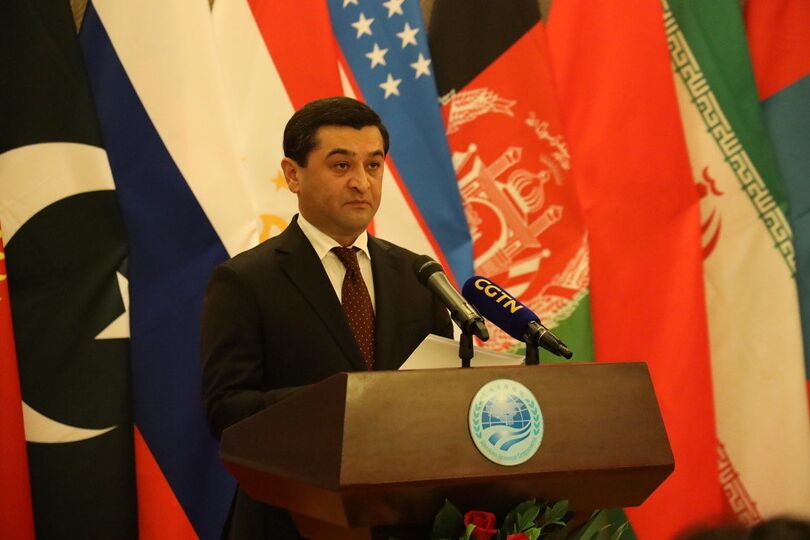
He stressed in particular that the decisions approved by the SCO leaders embraced all spheres of SCO activity. These epoch-making decisions were a new landmark on the path of SCO progress, boosting its contribution to peace and stability in the region and the world, promoting sustainable economic development, and strengthening the dialogue of civilisations in the vast SCO space.
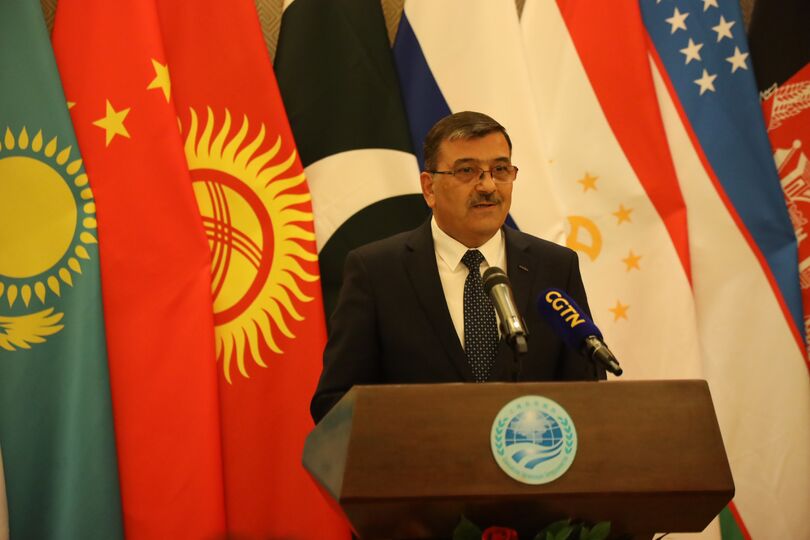
He told the reception guests about the main results of Tajikistan's SCO Chairmanship and the main documents approved by the SCO Summit, noting that the Dushanbe Declaration reflected the principal results of the SCO's 20-year activities and the common position of the member countries on the key issues of regional and global politics. It was an important reference point for years to come, he added.
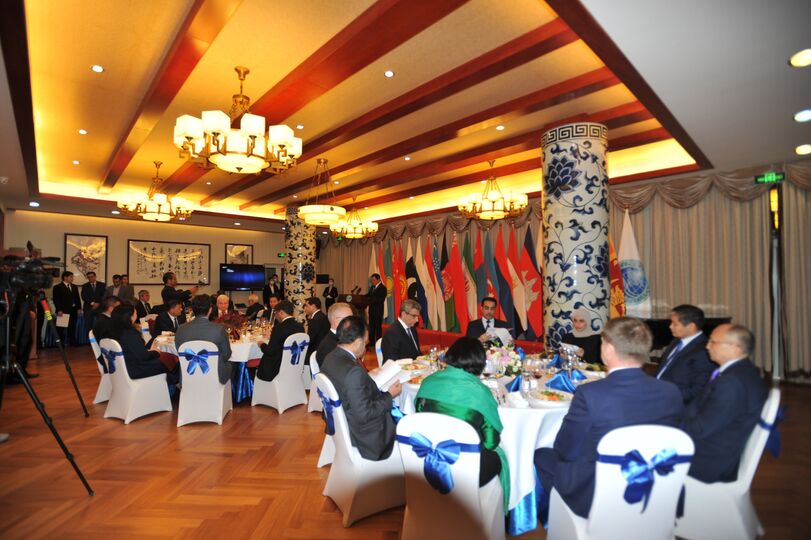
"The SCO leaders have reaffirmed the Organisation's intention to staunchly follow the principle of openness. The summit decided to start the procedure of raising Iran's status to that of fully fledged SCO member state and to grant the status of dialogue partner to Egypt, Qatar and Saudi Arabia," he said.
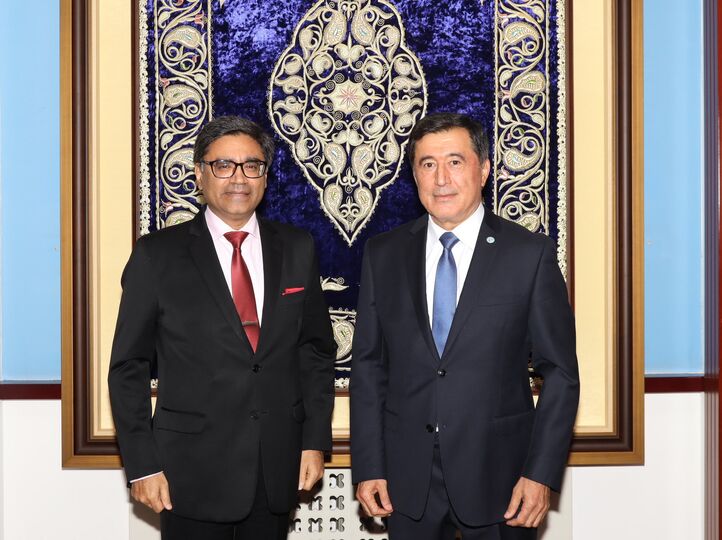
Concerning the priorities of Uzbekistan's SCO Chairmanship in 2021-2022, as outlined by the President of Uzbekistan at the Dushanbe Summit, Mr Norov made a special mention of the fact that they would make an important contribution to the Organisation's development and the strengthening of its international prestige.
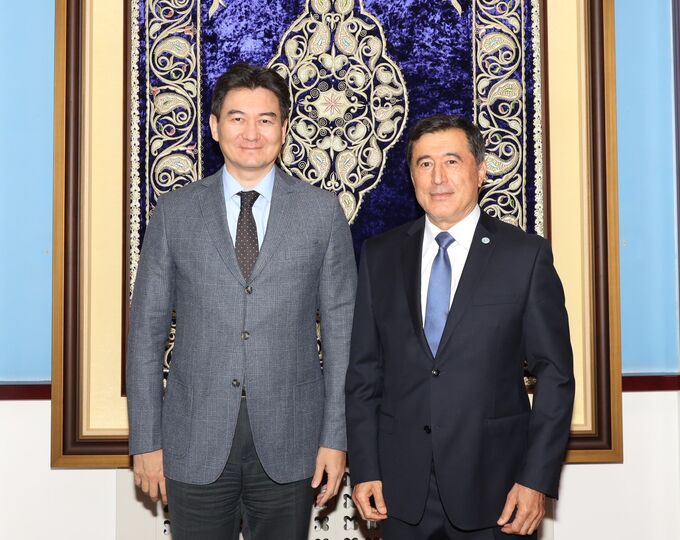
He stressed that Tashkent had become much more active in the SCO following the election of Shavkat Mirziyoyev as President of the Republic of Uzbekistan. The SCO has emerged as an important venue for Uzbekistan's efforts to ensure regional security. At the same time, Uzbekistan is in favour of strengthening the SCO's role in trade and the economy as well as in cultural and humanitarian collaboration between member states.
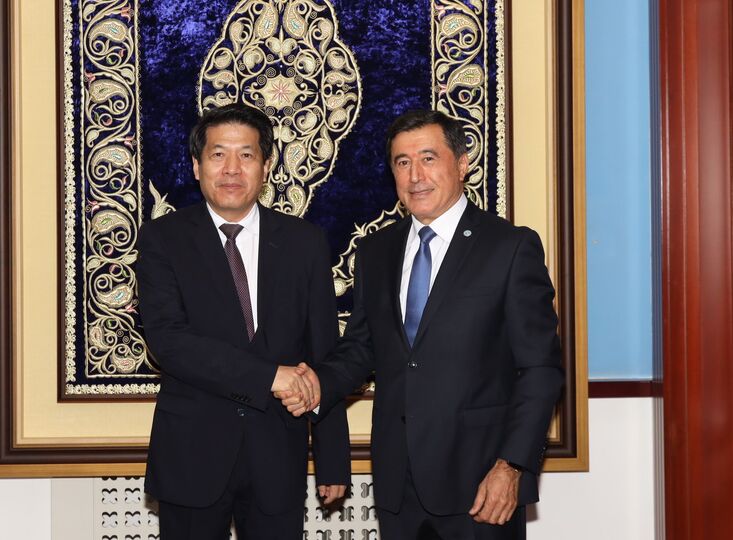
He noted that Uzbekistan had identified the stability and prosperity of Central Asia as one of the chief factors involved in achieving the SCO's main goals and addressing the tasks it faced. Through their joint efforts, the Central Asian countries have made considerable progress, within a brief timeframe, in dealing with pressing regional problems. "Owing to its geopolitical and geostrategic importance, Central Asia is the SCO's nucleus and will always remain its focal point, as it was specially stressed by the Dushanbe Declaration of the SCO Summit," he added.
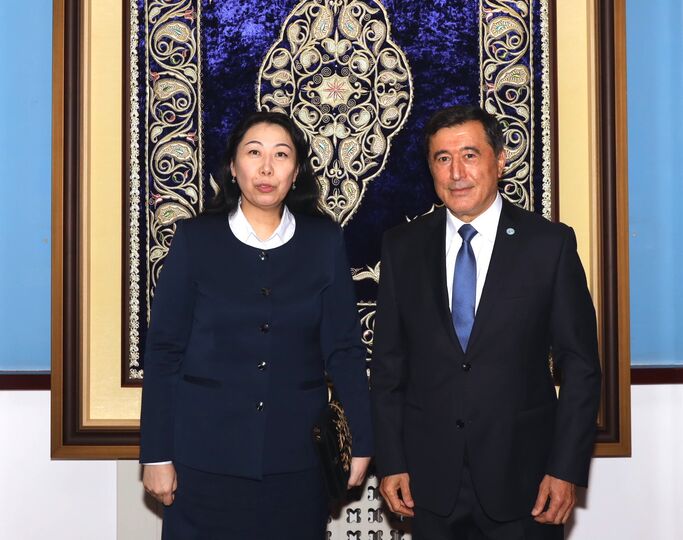
Secretary-General Norov expressed confidence that the meeting of the SCO Council of Heads of State scheduled for 15-16 September 2022 in Uzbekistan would not only become a central SCO event but would also open a new chapter in SCO history.
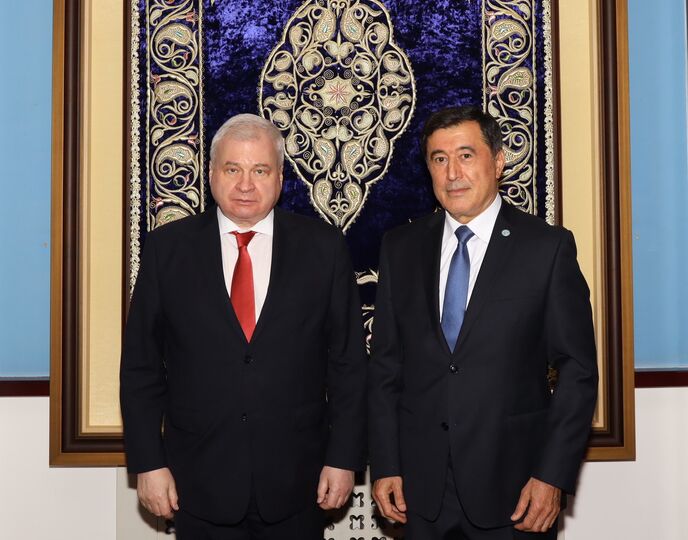
The event was addressed by Ambassador Extraordinary and Plenipotentiary of the Republic of Tajikistan to China Zokhir Sayidzoda and Ambassador Extraordinary and Plenipotentiary of the Republic of Uzbekistan to China Bakhtiyer Sayidov.
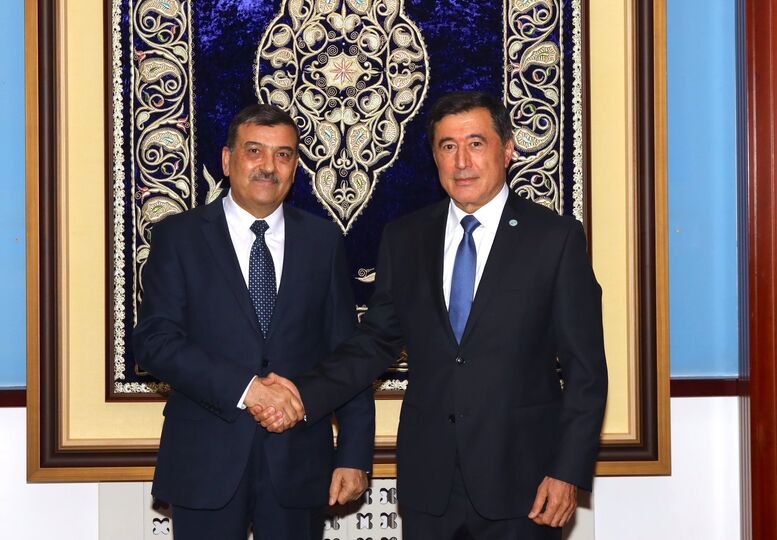
The head of the Tajik diplomatic mission informed those present about the main results of the anniversary summit, ministerial meetings, international conferences and themed forums, which had taken place during Tajikistan's SCO Chairmanship. He stated that the Republic of Tajikistan, based on the principle of continuity, persisted with its effort to implement earlier decisions while making fuller use of the SCO's potential. During its chairmanship, Tajikistan, jointly with its partners, did a great deal of work in a bid to preserve the pace of the stable operation of the SCO and achieved a number of important practical results.
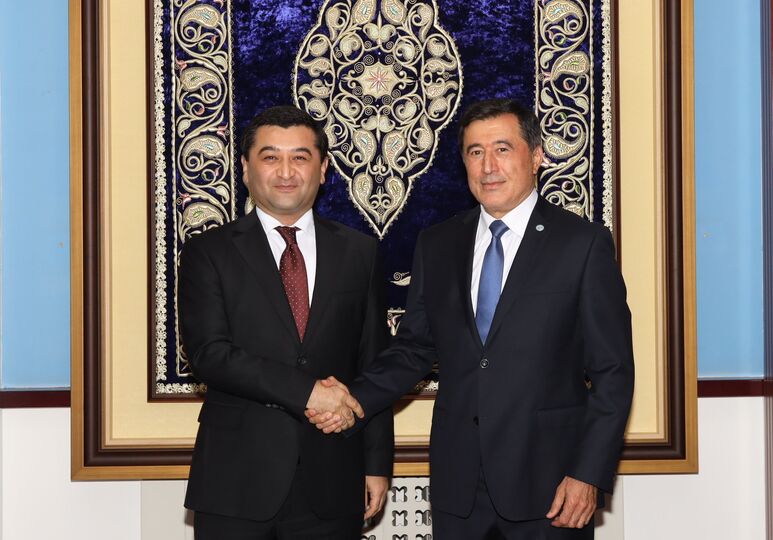
The ambassador stressed that over 80 events within various SCO cooperation mechanisms had been carried out under the Plan of Main SCO Events, including 20 ministerial meetings.
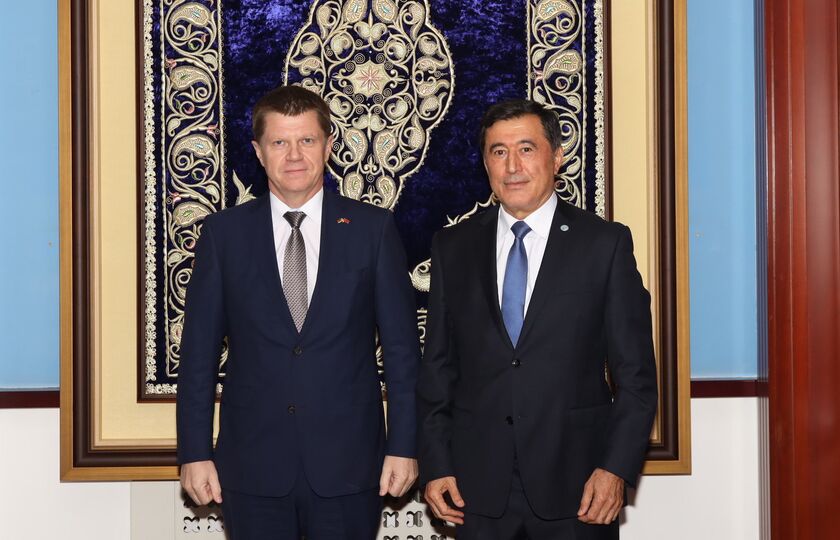
The Uzbek ambassador, Bakhtiyer Sayidov, said in his remarks that Uzbekistan, along with other founding states, had played an important role in the SCO's institutional and cooperative development. "Today, the SCO has taken a worthy place in the system of modern international relations and is making an important contribution to security, stability and the development in the vast SCO space," he said.
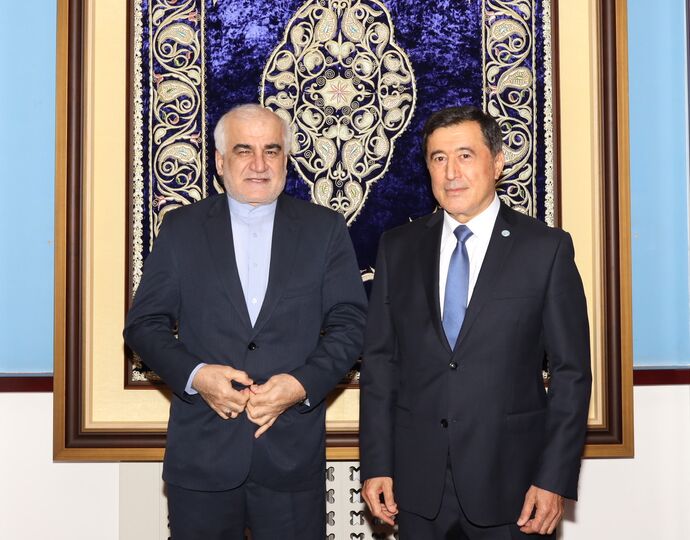
He stressed that in recent years, Uzbekistan had markedly intensified its involvement in the SCO's activities: "Since 2017, the Republic of Uzbekistan has put forward over 30 promising initiatives and proposals in a number of important and highly relevant areas of SCO work, such as security, transport communications, trade, economy, innovations, digitalisation, advanced and green technologies, reduction of poverty, the fight against the COVID-19 pandemic and environmental threats, the cultural and humanitarian dimension, tourism, and others.
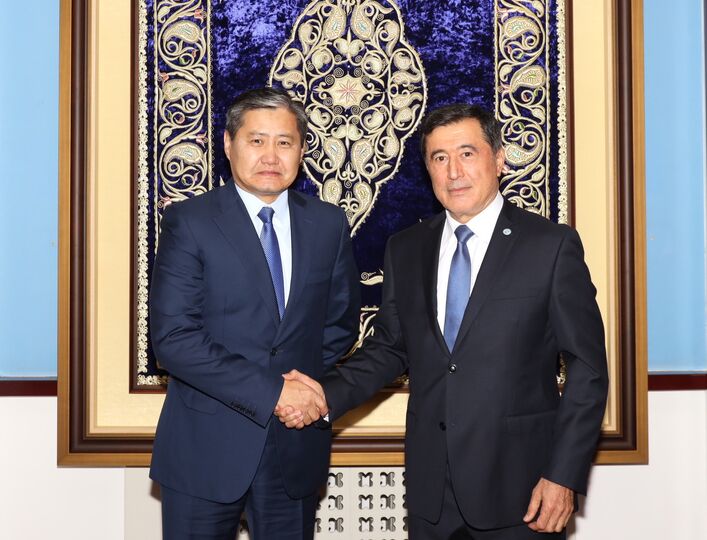
He explained the meaning of the initiatives that President Mirziyoyev advanced at the SCO summit in Dushanbe and pointed to their relevance for regional security and stability as well as for trade, economic, cultural and humanitarian cooperation in the SCO space. "The priorities that Uzbekistan proposes for collective implementation during its chairmanship are determined by modern challenges and complex trends in the region and the world as a whole.
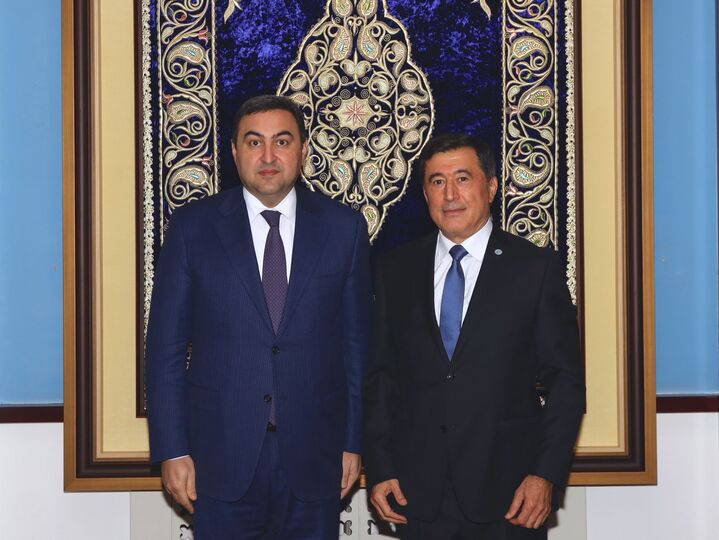
We are convinced that it is these trends that are shaping objective reality in the SCO space and they will persist in the short term," he emphasised.
The reception culminated in a cultural programme, including a piano performance by Svetlana Kudryavtseva, winner of and jury member at international competitions and a honorary professor at the Daqing Institute of Music (China).
The reception at the Secretariat was widely covered by the Chinese media.
The reception at the Secretariat was widely covered by the Chinese media.
The event was held in a friendly atmosphere.
Other photos from event
